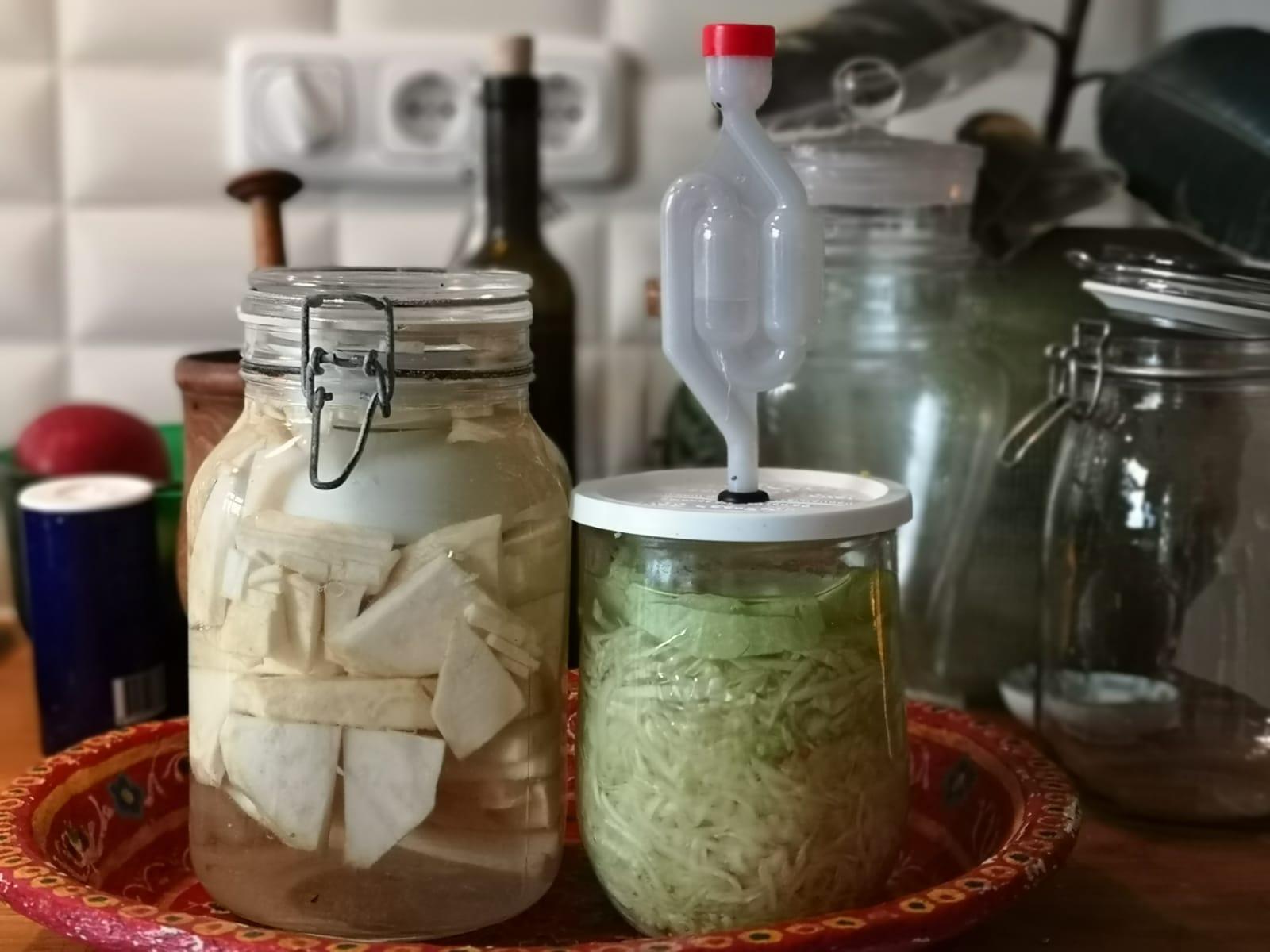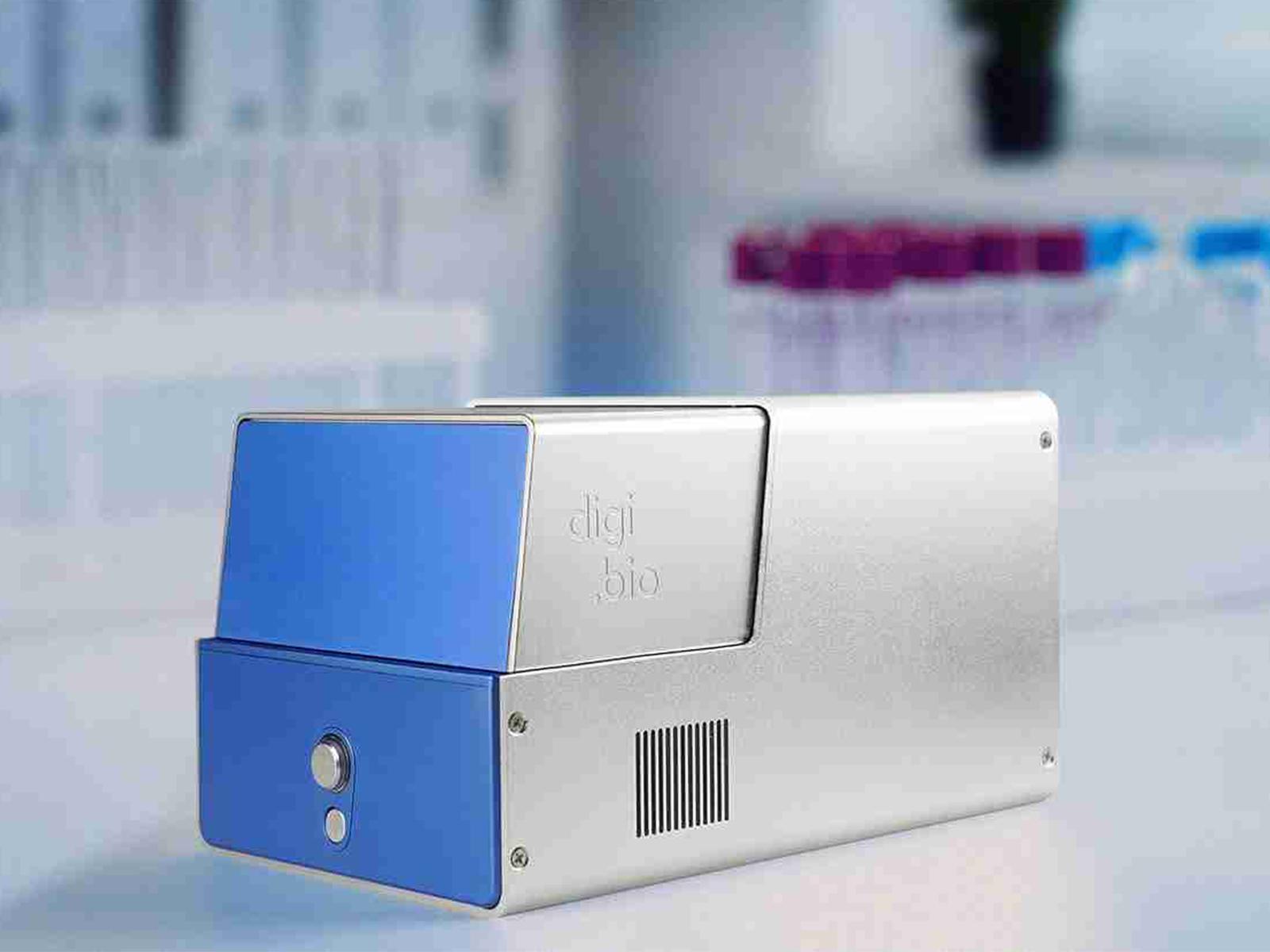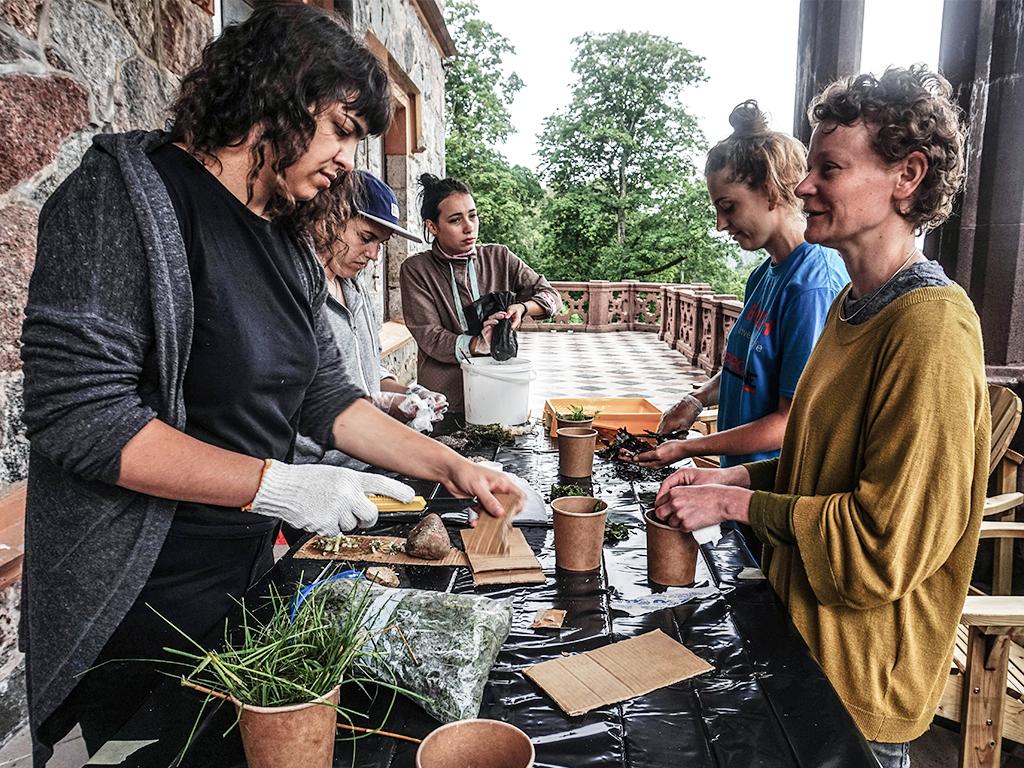Despite their image, most bacteria are not harmful to people’s health. There are many applications in which bacteria play a crucial role. In this workshop we zoom in on fermentation processes, and you will learn how to get your home laboratory started with this simple, healthy and energy-efficient technique!
Fermentation
The culinary hype of fermentation sorts with the movement in which healthy eating is key and food waste is avoided. Add to that the current do-it-yourself mentality, and it becomes clear why fermentation has been embraced by both professional and home cooks. Moreover, the acts of looking, feeling, smelling and tasting change the relationship with the end product. See your food transform over time, into a unique and personal product.
No refrigerator? No problem
Fermentation is one of the oldest techniques to postpone the expiration date of food: perhaps your grandmother's entire cellar was also full of pickled vegetables? It is an easy and sustainable way in which salt is added to (for example) fish, meat or vegetables, in order to control the fermentation process and to create an intense taste.
Fermenting food offers a solution if you do not have cooling options. The process takes place at room temperature and therefore does not consume any energy: "It is one of the cheap and energy-efficient solutions of the future," says professor of food microbiology Eddy Smid of Wageningen University.
Although fermentation may seem to have a nostalgic character, it is more than longing for the time from before the technological revolution. On the contrary, it also offers possibilities in an apocalyptic world view: the cellar as your own storage space.
There are limited places available for this workshop. Buy a ticket via the link above. Admission is € 5, including a (fermented) drink.
What do you need?
Not much more than an (empty, clean) small bucket or jar with a lid to close it, a drill, a water seal and a silicone plug. Simply drill a hole in the lid, lock it and you're done. The locks and plugs will be available for purchase for € 2,50 and can be purchased from us on the evening itself, but you can also bring your own.
English is spoken during this event (but not exclusively).
Programme
19.30 Doors open
20.00 Introduction: Open Wetlab + Textilelab about the various applications of bacteria
20.30 Workshop water kefir + sauerkraut
22.00 Drinks
Are you curious about other (design) processes in which bacteria are key? Have a look here:
Open Wetlab / BioHack Academy
The Open Wetlab is a laboratory for open source, open hardware and creative biotechnology. Here, we work together on biotechnological experiments, installations, exhibitions and debates. The annual BioHack Academy learns how to design, grow and extract your own biomaterials using only open-source hardware you fabricate yourself.
Textilelab Amsterdam
The Textilelab Amsterdam is a laboratory for fashion, textile and material designers, researchers, artists and creatives who want to explore alternatives for the current textile and clothing industry. Experiments are carried out with craftsmanship, heritage, technology, digital fabrication and biology within the textile and clothing world in order to push the boundaries of industry. For example, ongoing research is being conducted into the potential of textile dyeing with bacteria, and last year we organized a workshop in which participants learned how to extract colors from bacteria yourself.


